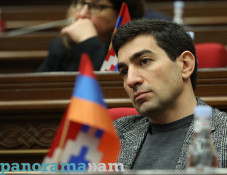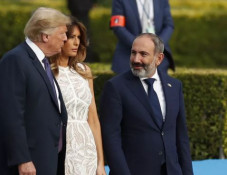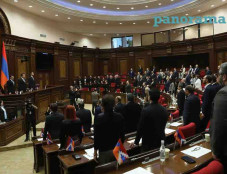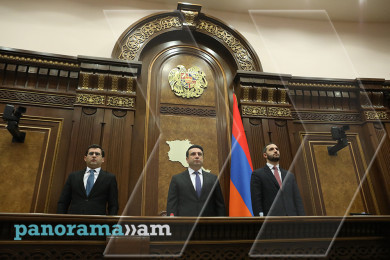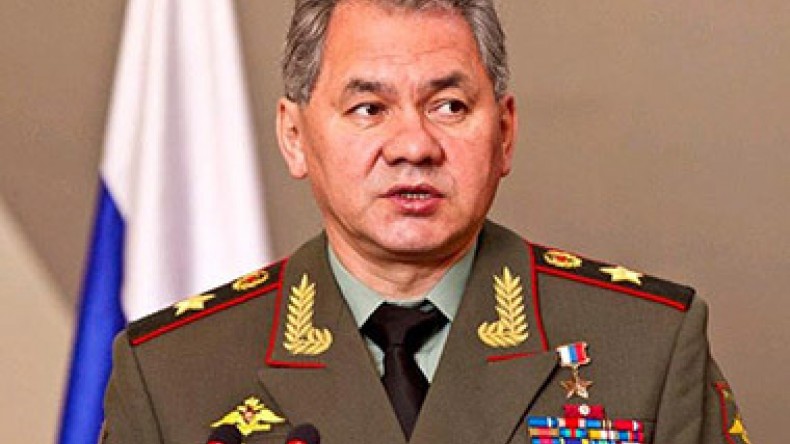
Russian Defense Minister arrives in India to discuss prospects of military technical cooperation
Russian Defence Minister Sergei Shoigu on Wednesday arrived on a visit to India, where he will meet with Indian Prime Minister Narendra Damodardas Modi and his Indian counterpart Manohar Parrikar, TASS reported.
Apart from that, Shoigu will attend a session of the Russian-Indian Intergovernmental Commission on Military and Technical Cooperation and will visit the Russian-Indian joint venture BrahMos Aerospace Limited that makes supersonic cruise missiles.
No official information about topics of Shoigu’s bilateral meetings is available but sources in the Indian defence ministry told TASS that the Russian minister was to discuss the implementation of the joint project of a fifth generation fighter jet - FGFA. In 2014, the project came under criticism from the Indian air force command who said that Russia was unlikely to be able to fulfill all of its liabilities under the project. Future military technical cooperation between India and Russia would depend on this project, the sources said.
Apart from that, the Russian-Indian Intergovernmental Commission is to consider another joint project - a medium-lift transport jet, and to discuss other subjects, including Russia’s leasing out another nuclear-powered submarine to India. Yet another subject for discussion will be production of Ka-226T helicopters in India. The issue was raised in December during Russian President Vladimir Putin’s visit to New Delhi. Back then, Russian DeputyPrime Minister Dmitry Rogozin, who is in charge of Russia’s defence sector, said that India would manufacture up to 400 such rotorcraft a year.
The key goal of Shoigu’s visit to India is to give a fresh impetus to cooperation between the two countries’ defence ministries, according to Ruslan Pulhov, director of the Strategy and Technology Analysis Center. “India is Russia’s key partner in terms of military technical cooperation but in the recent years Russia has had problems on the Indian arms market,” he said. “These problems stemmed from asynchronous development of military technical and defence cooperation between the two countries. For instance, Russia regularly cancelled joint military exercises.”
Newsfeed
Videos





